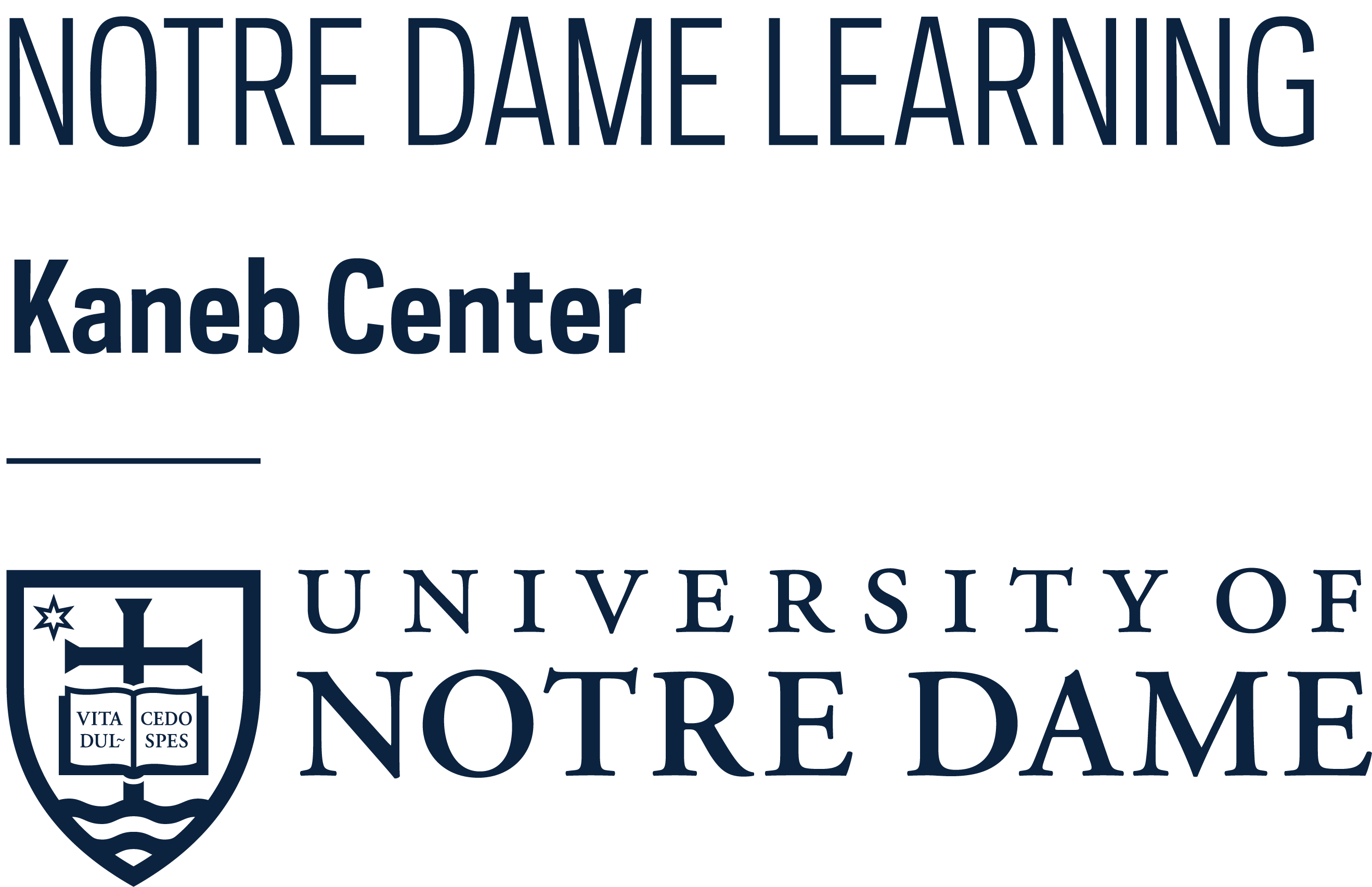Psychologists have identified two distinct forms of motivation: intrinsic and extrinsic. Intrinsic motivation refers to an inherent interest in pursing a topic (“learning for learning’s sake”). These individuals find a subject enjoyable and they naturally desire to learn mastery of it. Extrinsic motivation, on the other hand, refers to a desire to pursue a subject for reasons outside of the individual, such as rewards, grades, parental or instructor approval, etc. These individuals are motivated to learn a subject not because they want to learn it, but because learning the material will get them good grades, parental praise, or because jobs in that field pay well; all of which are external rewards.
As an instructor, there are multiple ways for you to foster intrinsic motivation in your students. Some of these include:
- Create a student-centered classroom. When students are involved in their own learning, they are more intrinsically motivated. Allow students to have a say in the course where possible and try to incorporate an active learning activity every 15-20 minutes.
- Promote a mastery goal, rather than a performance goal. If students are motivated to gain mastery, rather than simply aiming for a performance goal, they are more likely to invest more effort into their own learning. Therefore, try to foster in students a goal of becoming fluent in Spanish, rather than having them focus on getting an A in the class. In addition, de-emphasize grades and emphasize the intrinsic rewards of learning.
- Encourage students’ actions, not their character or person. By using statements of encouragement like, “your answers showed thought” as opposed to “you are a good thinker,” students are more likely to remain intrinsically motivated (Ginott, 1972). Focus on their effort, not their innate ability. With that, avoid using statements that suggest that innate ability is all that is required to complete a project. Direct students’ attention to the process of completing the project and the effort involved, rather than on the end product.
- Provide learning goals. Research has shown that when teachers give learners a goal, students experience a boost in self-efficacy (Bandura, 1988; Elliot & Dweck, 1988; Schunk, 1991). By providing clear learning goals at the beginning of class or before an activity, students may be more intrinsically motivated to work toward those goals.
- Have high, but realistic expectations for students. Davis (2009) noted that instructors’ expectations can have a powerful effect on students’ performance. She notes that standards should be set high enough to challenge students and motivate them to do their best without being so high that students feel they are unattainable. If students believe achievement is within their grasp, they will work toward that goal.
Additional Resources:
- Motivating Students (Vanderbilt University Center for Teaching)
- Motivating Students (Karin Kirk, SERC, Carlton College)
- Encouraging Students’ Intrinsic Motivation (Kathleen McKinney, Illinois State University)
- Tools for Teaching (Barbara Gross Davis, 2009)
Be sure to check out the Kaneb Center’s upcoming workshops (and keep an eye out for the Spring schedule). Intrinsically motivated? Come to our workshops to learn about teaching for the sake of learning. Extrinsically motivated? If you attend 5 workshops and write a 2-page reflective essay, you can earn a teaching certificate.
In addition, please consider applying for the Kaneb Center’s Graduate Associate position (information below).
Call for Applications: 2015 Kaneb Center Graduate Associates
The Kaneb Center for Teaching and Learning seeks graduate students with Notre Dame teaching experience to serve as Kaneb Center Graduate Associates for the spring of 2015 and the 2015-2016 academic year. Kaneb graduate associates facilitate workshops on effective teaching, develop teaching resources, and contribute to other activities to help graduate students develop as teachers.
Graduate associates will receive training (required) to prepare them to serve as workshop leaders and mentors. In addition, they attend weekly meetings with Dr. Kristi Rudenga, assistant director of the Kaneb Center, during which they contribute content and ideas for Kaneb Center program planning. Throughout the semester, Kaneb graduate associates contribute 6-10 hours per week, depending upon availability, and receive a stipend commensurate with hours worked ($3600-$6000 per academic year).
Applicants should be at least in their 4th year of graduate study while holding this position.
To apply, please submit the information below to kaneb@nd.edu by November 7, 2014.
- Name
- Address
- Phone
- Department
- Current year in Graduate School
- Description of professional development activities (teaching workshops, panel discussions, reading groups, etc…).
- A 1-2 page summary of your teaching experiences, strengths, and strategies.
- Description of a workshop or seminar you would like to implement. These may be current programs that you will revise or programs that are brand new to the Kaneb Center.
